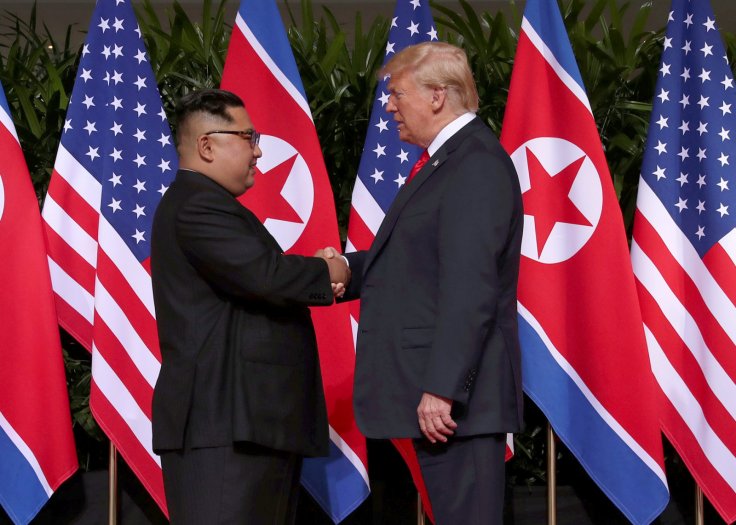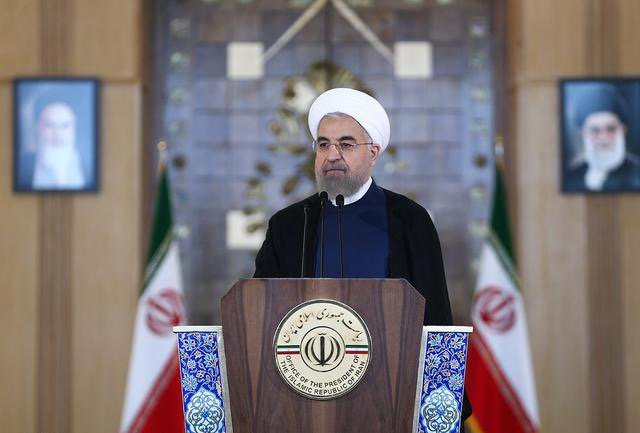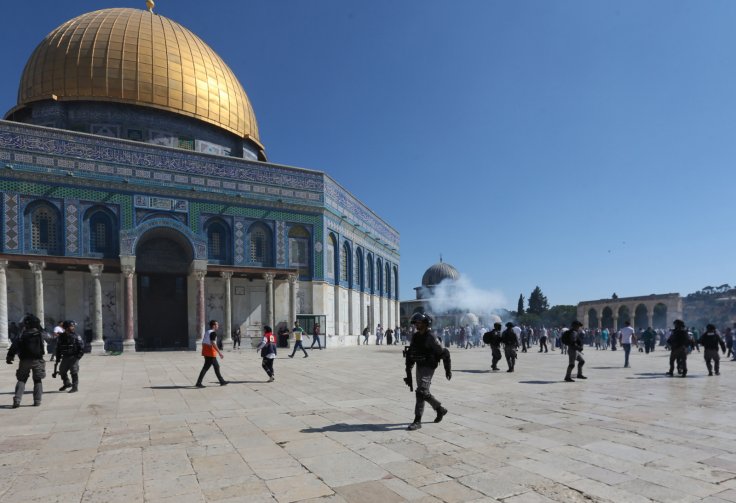Among the many claims that Donald Trump made during his presidential election campaign in 2016 was his ability to crack deals. After all, he is the man who wrote 'Art of the Deal.' This image of President Trump was important as the world outside and politics inside USA was and still is in dire need of someone who can solve intractable conflicts.
However, as Trump moves towards the end of his first term, the claim of him being a very capable 'deal-maker' looks very weak. Whether it's on some of the most sensitive foreign policy issues or equally tricky matters of internal politics, the incumbent doesn't have much to show for his supposed bargaining skills.
Let's look at five high-profile foreign policy issues where President Trump has failed to find a breakthrough between quarreling parties.

Korean Conundrum
In terms of daring, the most impressive move of the Trump administration was engaging with the North Korean regime at the highest level. Dealing with the near-rogue nation of Kim Jong Un was not the most palatable proposition for Americans but nothing else had worked. Hence, even critics of Trump thought it was a move worth making.
Despite the images of bonhomie between the two leaders in Singapore, nothing has come out of these meetings. There have been allegations that the US President wasn't well-prepared for the discussions.
The recent behaviour of North Korea in destroying the liaison office in its territory shows that things are back to square one. The dreams of lasting peace in the Korean peninsula, as well as a Nobel Peace Prize, have faded away for the US President.

Iranian mess
Deal-making requires flexibility and give and take. Unfortunately, Trump's approach to Iran was the exact opposite of this. In dealing with the Islamic Republic, the President seemed less guided by his personal instincts as a businessman and more with the dogmatic ideological approach of demagogues within the Republican party and American right.
The current administration wanted to show itself as uncompromising in dealing with Islamic terrorism. This seems to have clouded it's understanding of Iran. In trying to appear strong against fundamentalism, Trump didn't even make an attempt to engage with Iran's government. On the contrary, they pulled out of the hard-achieved deal that Obama administration had signed.
The fact that Jim Mattis, the first Secretary of Defence during Trump's tenure, and a four-star general formerly known as 'Mad Dog', disapproved of this move shows that this was nothing but pandering to the radical base of Republican party.
As things stand, Iran hasn't abandoned its nuclear program and now is unfettered by the agreement it signed during President Obama's time.

Arab-Israeli tangle
Lastly, the perennial issue of Palestine remains as far from a solution as it ever was. When Jared Kushner, President Trump's son-in-law and close advisor, struck a rapport with Saudi Arabia's Crown Prince Mohammed Bin Salman, known as MBS, it seemed the stage is being set for some ambitious scheme of finding peace in the region.
But nothing came out of it. The killing of journalist Jamal Kashoggi and purging of political rivals in the Kingdom has shown MBS to be less of a reformer and more of a ruthless politician. Relying on him to bring peace in Middle East has been shown to be a naïve and false hope.
Trump administration further aggravated the problems in the region by moving its embassy in Israel to Jerusalem and recognizing the city as Israel's capital, that too in a unilateral move. When the US Government, through its representative Nikki Haley, threatened countries against supporting a UN Resolution that challenges Trump's decision, it backfired.
Even countries such as India, friendly to both Israel and USA, reacted angrily to the threat and voted in favour of the resolution. As a result, the waters have been only muddied in the Israel-Palestinian conflict.









